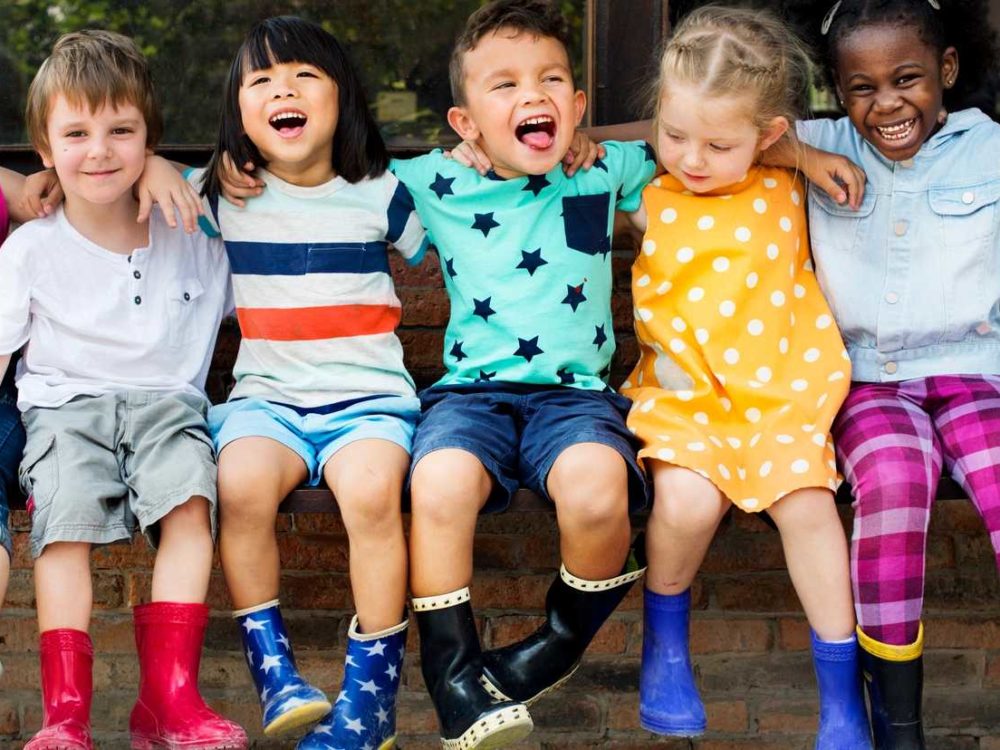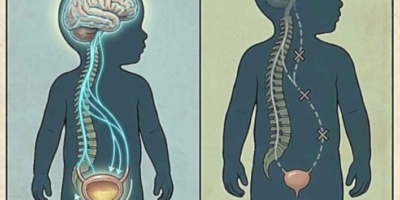Being a parent may be hard, especially when you feel like no one is listening. We all want our kids to be good listeners and helpers. A recent CNBC story talked about advice from a child psychologist that focused on one main idea: kids are much more inclined to listen when they feel protected, respected, and connected to you.
It’s not so much about orders as it is about relationship. Here are six easy “magic phrases” (taken from the article, which you can read in full here) that will help you develop trust and get people to work together.
- “I trust you.” When a youngster thinks they are being accused, they get defensive. When they spill juice and claim, “It was an accident!” you could remark, “I believe you.” This takes away their humiliation and shows them you trust them. When kids feel protected, they’re more likely to listen to what’s next, such, “Let’s clean it up together.”
- “Let’s work this out together.” Instead of telling them to do something that could cause a power struggle, like “Clean your room now!” try asking them to help solve the problem. You could say, “I see that the toys need to be put away.” Let’s work this out together. “Should we start with the books or the blocks?” This makes them feel like they’re on a team.
- “You can feel this.” I am here. Kids have a hard time dealing with big sentiments like anger or sadness. They can’t hear reason when they’re having a breakdown. Instead of telling them to “stop crying,” let them know that their feelings are real and that you are there for them. “You can be unhappy that we have to leave the park. “I’m right here.” This helps kids feel safe and settle down more quickly.
- “I’m paying attention.” Tell me what’s going on. A lot of the time, we tell kids to listen to us, but they don’t feel like they are being heard. If your child is upset or doesn’t want to do something, try giving them your complete attention first. “I’m paying attention.” Let me know what’s going on. This simple act of listening frequently makes them less resistant and lets them hear you.
- “I understand.” I’m with you. It’s tempting to leap into “fix it” mode when your child is upset, maybe because of homework or a sibling. This can seem like an argument to them. If you start with, “I hear you,” “This is really frustrating” shows that you are on their side, not against them. When they realize you’re on their side, they’re lot more likely to want to fix the situation.
- “No matter what, I’ve got you.” Kids will mess up, both large and tiny. When they do, they frequently feel scared or ashamed. Saying “I’ve got you, no matter what” to calm them down. “We’ll fix this together” sets their activity apart from their merit. It shows them that you love them no matter what and educates them to be responsible without being scared. You’re not only trying to get them to do what you say right away; you’re also creating a long-term connection built on trust and respect. Kids instinctively listen when they feel that someone really understands and supports them.
By using these phrases, you’re not just aiming for short-term obedience; you’re building a long-term relationship based on trust and respect. When kids feel truly understood and supported, listening comes naturally.
At Greenehouse Children’s Center, these principles are at the heart of what we do. Our staff implements these same techniques of connection, validation, and respect within our child care every day. If you are a current parent and would like more advice or help on how to talk to your kids, please know we are always here to answer your questions and support you.




